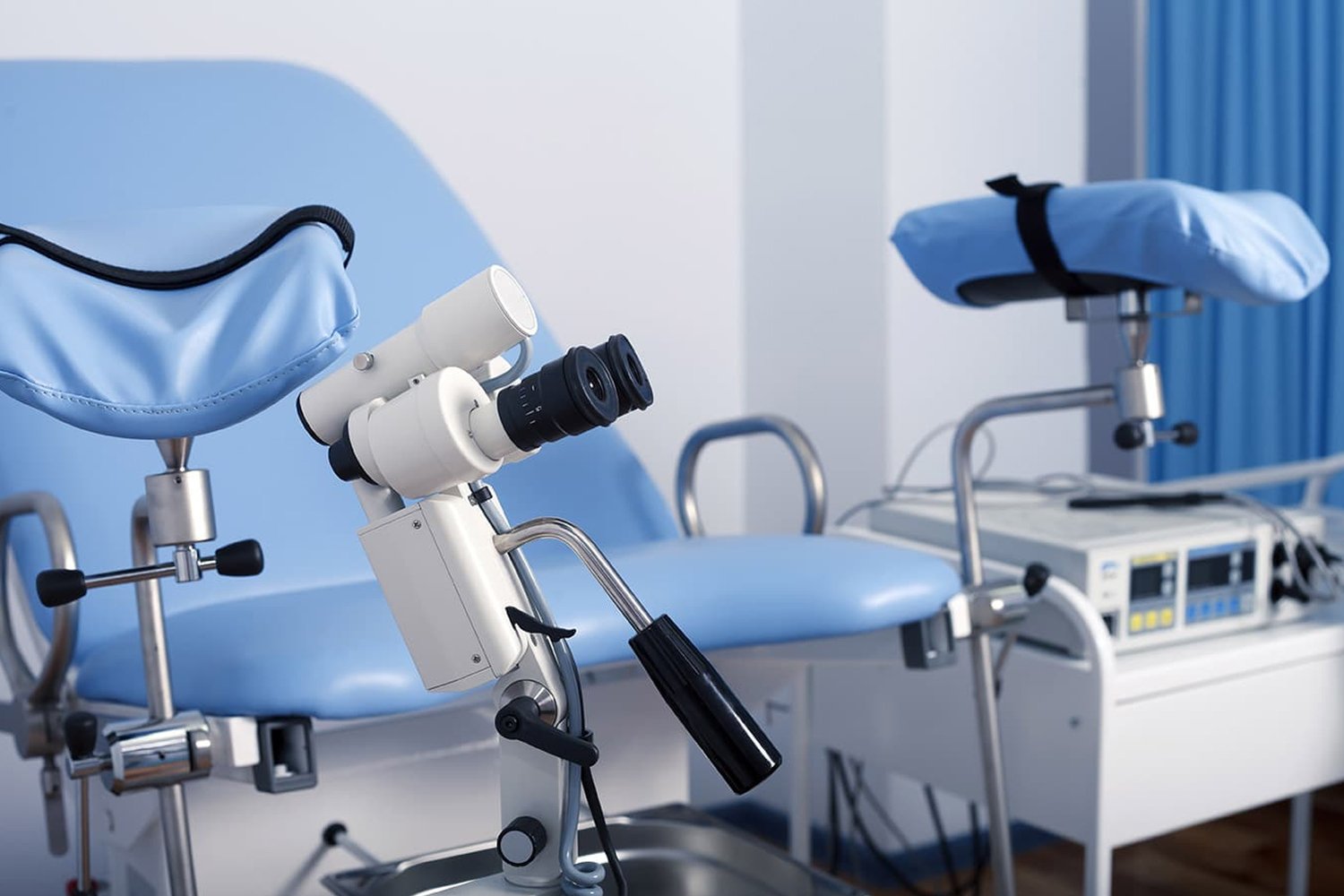
For doctors, the examination is a guide to understanding the patient and their disease. For many women, however, the gynecological examination is a huge stress. Of course, it is impossible to blame women for this.
How to relieve the stress of the examination?
First of all, all women should know that gynecological examinations are as vital for women to recover from their illnesses as they are for us physicians in understanding gynecological diseases.
Not being examined is not an advantage, it is a cop-out. A woman who regards the examination as a nightmare and refuses it is depriving herself of the cheapest and most informative method of diagnosis.
First and foremost, a woman should calm down before going to the doctor, remember that the examination is essential for her own health, and should be self-instructed about it.
Things to know before the examination
The first rule is that if it is not urgent, the examination should take place immediately after the end of menstruation. This is the period when all gynecological diseases, if any, are most easily diagnosed and additional examinations and laboratory examinations can be performed if needed.
In our own experience, we see that many women wash the chamber with a shower before the examination. This is not only harmful for women’s health, but also a wrong practice that prevents us from seeing the discharge of the chamber. All women should avoid washing the inside of the cervix when going for an examination and at all other times.
Every woman, whether she has a disease or comes for a check-up, should prefer clothes that she can dress and undress comfortably on the day she comes to the examination and should have a spare pad with her.
Married women or women living with their partners should be accompanied by their husbands/partners on the day of the examination. It should not be forgotten that in almost all gynecological diseases, one step of the treatment consists of recommendations and even treatments for the partner. The physician who will examine you may therefore feel the need to talk to your husband/partner and perhaps inform them about the treatment.
Since possible blood and urine tests may be performed after the examination, you should go to the examination hungry.
